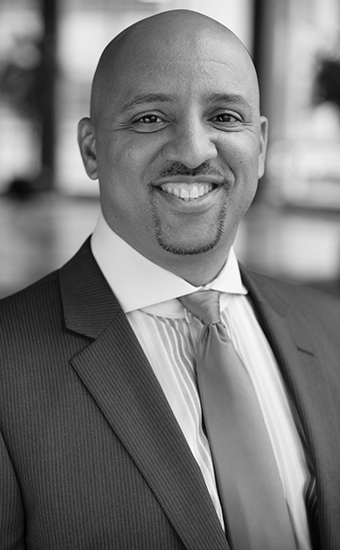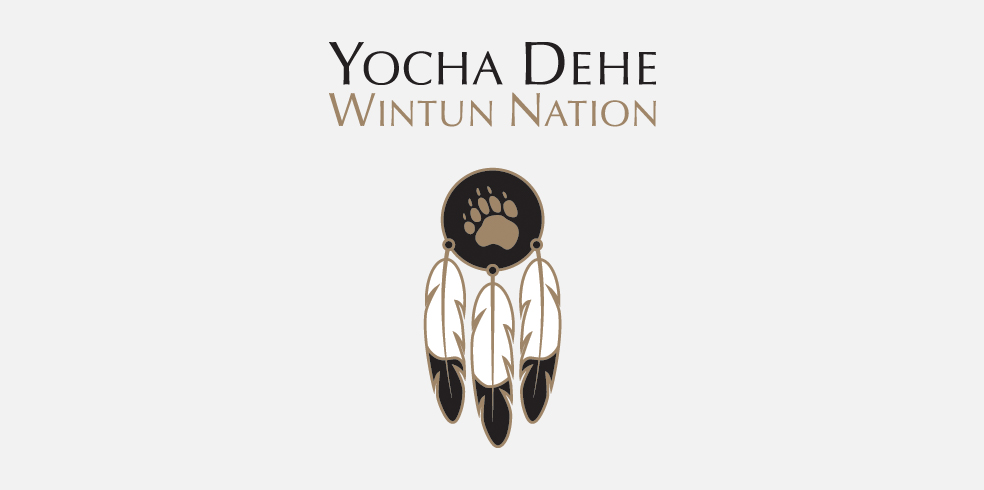Cache Creek Casino Indian Tribe
Cache Creek Casino Resort P.O. Box 65 Brooks, CA 95606. Phone Number: (530) 796-3118 Fax Number: (530) 796-5225. Yurok Tribe of the Yurok Reservation P.O. Box 1027, Klamath CA 95548. Phone Number: (707) 482-1350 Fax Number: (707) 482-1377s. Redwood Hotel Casino 171 Klamath Blvd Klamath, CA 95548 Phone Number: (707) 482-1777 Fax Number: (707. Cache Creek Casino Resort in Yolo County said it will reopen June 8 after a more than two-month shutdown because of the coronavirus pandemic. It’s the latest Sacramento area Indian casino to reopen.
Anthony Roberts is Tribal Chairman of the Yocha Dehe Wintun Nation. Elected Chairman in January 2018, he has served on the Tribal Council since 2000 and as Treasurer since 2006.
In January 2018, James Kinter was elected to his third term as Tribal Secretary of the Yocha Dehe Wintun Nation. He has served on the Tribal Council since 2009. Additionally, he sits on the board of directors for Cache Creek Casino Resort, serving as Board Treasurer for Yolo County’s largest, private employer since 2015.
Matthew Lowell, Jr. is Tribal Treasurer of the Yocha Dehe Wintun Nation. He was first elected to the Tribal Council in January 2012, and is one of its youngest members ever.
Cache Creek Casino Indian Tribe Casino
Mia Durham is serving her fourth term as Council Member on the Yocha Dehe Tribal Council after being re-elected in January 2018.

Diamond Lomeli is serving her first term as Council Member of the Tribal Council, the elected governing body of the Yocha Dehe Wintun Nation. A lifelong resident of Yolo County, she was elected to the Council by the Tribe’s adult citizens in June 2019.
The announcement came with great fanfare – and caution: Cache Creek Casino Resort in the Yolo County town of Brooks was open for business.
Months earlier, in March, the Yocha Dehe Wintun Nation and tribes across California closed their gaming floors as part of an unprecedented statewide shutdown to slow the spread of the coronavirus. It was the first time the casino resort closed in more than 30 years. Cache Creek was the first casino in Northern California to close, casino officials noted, ahead of California and Yolo County’s health mandates.
On June 8, Cache Creek – one of the last casinos in Northern California to reopen – promised a “new normal” to fit life with the virus: fewer people, fewer games and physical distancing on the floor; thermal scans and sanitization protocols. Casino standbys like poker, valet service and buffets were off the menu, at least temporarily.
“While we cannot stress enough how much we have missed our guests and employees, this will be a new normal for all of us,” Cache Creek general manager Kari Stout-Smith said in a release ahead of the reopening.
The same day in Placer County, Thunder Valley Casino Resort in Lincoln reopened, stressing similar precautionary protocols and assuring returning guests that United Auburn Indian Community officials had carefully considered Gov. Gavin Newsom’s request to pause casino openings.
Today California is the new epicenter of the nation’s rampaging coronavirus crisis. Cases have exploded to nearly 525,000, the state’s COVID-19 death toll has surpassed 9,700, and Yolo and Placer are among those on the state’s watchlist of counties where COVID-19 cases have gotten worse.
But the casinos remain open and are greeting guests.
Gaming tribes voluntarily closed the casino doors in March in response to the pandemic but the governor cannot bar tribes from reopening because of the sovereign nation status of tribal lands. Ben Deci, a Yocha Dehe spokesman, told The Sacramento Bee in May that Cache Creek’s June restart was coordinated in concert with Newsom’s office.
Red Hawk Casino and Jackson Rancheria joined Cache Creek with their own June 8 reopenings featuring reconfigured gaming floors and strict safety protocols. Hard Rock Hotel & Casino near Wheatland in Yuba County opened even earlier, on May 21.
Spokesmen for the Yocha Dehe Wintun Nation and United Auburn Indian Community declined comment or did not answer The Bee’s interview requests, but James Siva, chairman of the California Indian Gaming Association, said in a July statement that the state’s tribal governments were “closely monitoring case surges in their respective communities” and were “working closely with the state and federal governments to ensure the safety of our tribal communities, including our economic operations.”
Closures caused a financial beating
The losses caused by the statewide spring shutdown were a likely a key factor in tribes’ push to reopen. Gaming revenues – $8 billion annually and the sole source of income for many California tribes – took a beating during California’s mandatory lockdown, casino industry executives told The Bee in May.
Yolo County spokeswoman Jenny Tan also said the Yocha Dehe and Yolo County are “communicating with each other,” as well as with Yolo cities and school districts in monitoring the virus.
But the Yolo and Placer casinos have drawn attention for the positive cases at the sites in early July and the criticism leveled at Thunder Valley in July by former employees who said they weren’t properly protected from the virus while on the job after the casino reopened.
Cache Creek committed to mandatory ongoing COVID-19 testing of its approximately 2,300 employees July 3 after an undisclosed number of workers tested positive.
Cache Creek Casino Indian Tribe Lodge
In a statement at the time announcing the testing regime, Cache Creek officials said they would continue to work with Yolo County Health and Human Services and contact trace.
“Like other employers, we recognize the challenges of keeping a staff of approximately 2,300 people healthy during a pandemic. We expected increased testing could reveal COVID-19 cases that might otherwise go undetected; that’s precisely why we do it.”
But that hasn’t satisfied the California Gaming Association, the trade group representing card rooms across the state, which sent a letter to Newsom in July that called on him to temporarily close all gaming operations in counties under shutdown orders.
California’s card rooms – a $5 billion industry, says the gaming association – remain closed by the governor’s order, while sovereign nations’ gaming operations remain open.
“We believe you have the authority to order ALL casino operations, including tribal casinos, to cease operations in the affected counties,” the July letter read, citing tribal compact language that tribes not conduct gaming in a manner that endangers public health.
Newsom press secretary Jesse Melgar in a statement Tuesday said the governor’s office is talking with the sovereign gaming tribes to determine what steps will be needed to limit the spread of COVID-19 on tribal lands.
“The administration is currently engaged in government-to-government consultation with tribal enterprises located within listed areas of concern to determine the appropriate measures to take moving forward to limit the transmission of COVID-19 on tribal lands,” Melgar said in an email.

The statement came the same day Newsom signed gaming compacts between the state and six Northern California tribes including the Ione Band of Miwok Indians and the Shingle Springs Band of Miwok Indians, which operates Red Hawk Casino in Placerville.
Doctor suggests casinos can give the virus ‘superpowers’
Cache Creek Casino Indian Tribe Map
Governor’s officials in announcing the new pacts Tuesday noted the agreements’ commitment to promoting tribal economic development, self-sufficiency, revenue sharing with non-gaming tribes and quality of life while “affording meaningful patron and employee protections; and mitigating the off-reservation impacts of the gaming facility.”
But Dr. Peter Chin-Hong is deeply concerned. An infectious disease specialist at University of California, San Francisco, he says the gaming floor is an ideal environment to spread the virus, calling casinos an “extremely high risk.”
And, because casinos are a regional as well as local attraction, groups can carry the virus to homes and communities far from the gaming floor.
Cache Creek Casino Indian Tribe Lodge
“It’s totally high risk. They are attractions. They draw people from a wide area. It’s not like going to a local restaurant,” Chin-Hong said. “This is a social, emotional environment.”
Chin-Hong said other factors are at play: how long players are inside the casino; air quality; whether smoking is allowed; and surfaces that he said can “become a Caltrain or BART” to transmit the disease.
Droplets from someone infected to someone who isn’t typically travel 3 feet. That’s why social distancing is important to curbing the virus.
In a highly charged casino setting, he explained, the odds are riskier and those same virus carrying droplets can travel many feet farther, attaining what Chin-Hong calls “superpowers.”
“You can make them fly when you shout or yelp for joy,” he said. “The last I checked, all these things happen in a casino setting.”
———
Cache Creek Casino Indian Tribe Shawnee

Thunder Valley Casino Lincoln Ca
©2020 The Sacramento Bee (Sacramento, Calif.)
Visit The Sacramento Bee (Sacramento, Calif.) at www.sacbee.com
Distributed by Tribune Content Agency, LLC.